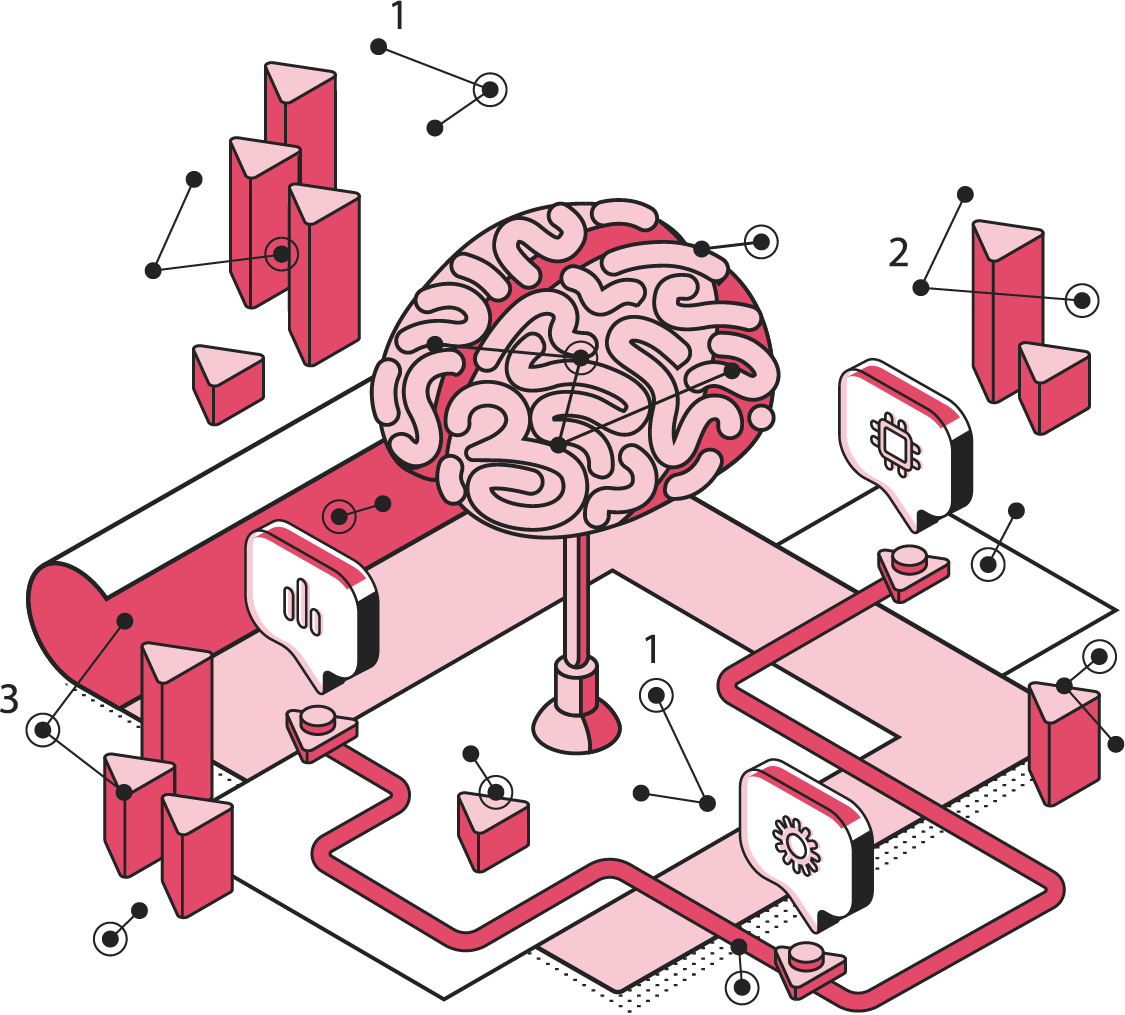The GLS Legal Operations Centre
Intelligence, resources and execution support
Transformation Tube Map
Knowledge Centre
Legal Dept.
Resources
Managed Legal Services
Members
Resources
Legal Ops
Community
Back
Legal Dept. Service Charter
What Is It
The Legal Department Service Charter is a formal document that outlines how the legal team delivers its services to the business. It defines the standards, behaviours, and expectations that govern legal’s engagement with internal stakeholders - clarifying what the business can expect from Legal, and what Legal expects in return.
This charter is not about bureaucracy - it’s about transparency and trust. It provides a shared understanding of how legal services are requested, prioritised, delivered, and measured. It sets out escalation paths, turnaround times, and service commitments that align with business needs and legal risk profiles.
A well-crafted Service Charter transforms legal from a black box into a trusted, responsive business partner. It helps manage demand, reduce friction, and improve satisfaction by making legal’s value visible and measurable.
Critically, the Service Charter supports legal’s evolution from reactive gatekeeper to proactive enabler. It empowers the legal team to deliver consistent, high-quality support while managing expectations and workload effectively.
Scope
The scope of the Legal Department Service Charter typically includes:
◼️Description of legal services offered (e.g., contracts, compliance, disputes, governance).
◼️Service request protocols and intake processes.
◼️Turnaround time expectations based on matter complexity and priority.
◼️Escalation paths and issue resolution procedures.
◼️Service level commitments and performance metrics.
◼️Roles and responsibilities of legal and business stakeholders.
◼️Communication standards and feedback mechanisms.
◼️Alignment with legal risk appetite and business strategy.
Resource Status
The Legal Dept. Service Charter station is considered a Repeater resource within the GLS Legal Operations model.
A Foundational Resource: Is responsible for determining the overall performance capabilities of a “critical” legal function. If it is not optimised, the function can never be optimised.
A Repeater Resource: Supports the performance of multiple "critical" legal functions and as such represents a "ripple effect" productivity intervention point.
A Specialist Resource: Is responsible for driving the performance of a very specific part of an individual legal function. Its productivity contribution is limited to that single legal function.
Best Practice Features
The best practice features of the Legal Dept. Service Charter are as follows:
◼️Developed collaboratively with business stakeholders to ensure relevance.
◼️Clearly defines legal services, delivery standards, and escalation protocols.
◼️Includes tiered service levels based on risk and urgency.
◼️Integrated with legal intake and matter management systems.
◼️Reviewed regularly to reflect evolving business needs and legal capacity.
◼️Supported by training and awareness campaigns across the business.
◼️Includes KPIs and feedback loops to drive continuous improvement.
◼️Promotes a culture of service excellence and accountability.
Business Value
The Legal Dept. Service Charter delivers the following value to the Business:
◼️Improves transparency and predictability of legal support.
◼️Reduces delays and bottlenecks in legal processes.
◼️Enhances collaboration and trust between legal and business units.
◼️Aligns legal services with business priorities and timelines.
◼️Enables faster deal-making through clear service protocols.
◼️Reduces friction and escalations by setting shared expectations.
◼️Supports performance measurement and continuous improvement.
Legal Department Value
For the legal team, the Service Charter provides a structured framework for managing demand, prioritising work, and demonstrating value. It reduces ad hoc requests, improves workload visibility, and supports defensible resource allocation. It also enhances the team’s reputation as a responsive, business-aligned function.
Who Needs It
The Legal Dept. Service Charter is essential for:
◼️Legal Department Leadership
◼️Legal Operations Teams
◼️Business Unit Leaders
◼️Compliance Officers
◼️Risk Management Teams
◼️Internal Audit Functions
Productivity Consequences
A legal team operating without a Legal Dept. Service Charter will face a wide range of inefficiencies including:
◼️Unclear expectations and inconsistent service delivery.
◼️Frustration and friction between legal and business units.
◼️Overloaded legal teams due to unmanaged demand.
◼️Delays in critical business processes and transactions.
◼️Difficulty in measuring legal team performance.
◼️Increased risk of non-compliance due to service gaps.
Tech Implication
The Service Charter is most effective when integrated with legal tech platforms. Legal intake tools, matter management systems, and workflow automation can embed service standards into daily operations. Dashboards and analytics tools can track performance against KPIs and support continuous improvement.
What Next?
Visit each Station on this Line for in-depth analysis of what it takes to make this in-house function really perform. Or you can go back to the overall GLS Legal Transformation Tube Map.
In most cases, the GLS Legal Operations Centre contains everything you need to effectively optimise this key function yourself – or feel free to reach out to us – and we can help you.

The GLS Legal Operations Centre
Register to access your complimentary Day 1 Resource Stack packed with legal team performance resources.

GLS Ultimate Guide To Legal Operations
Download this and read it thoroughly and regularly. It is a wonderful transformation companion.

Book A No-Obligation Consultation
If you would like discuss your legal transformation needs, please book a 30 minute free consultation with us.

GLS Legal Transformation Boot Camp
Our hugely successful, 10-week long, email-based boot camp on how to effectively transform your legal team.




